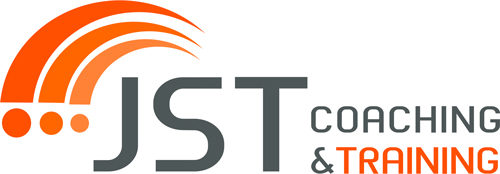
A key piece of information is that executive functions don’t develop at the same rate for every person
Many years before I became a coach and trainer, I worked as a behavioral assistant for adults in residential facilities with severe developmental delays. Despite years of neglect and lack of support, I found that these adults were able to follow a “prescribed” behavioral plan and make progress with one-on-one intervention. So when I decided to move into the field of coaching, I believed that if changes were evident in these adults who had been written off as untrainable, improvements in executive functions were possible for youth who were viewed as difficult, disorganized or unmotivated. Children and adolescents with executive function deficits due to a “not yet developed” pre-frontal cortex or learning and attentional issues, could benefit from coaching that was designed to help them improve their executive function skills and experience a higher level of success and self-satisfaction. Well, the last 22 years of coaching children and adolescents have shown me that I was on the right path.
In a recent article from the Center on the Developing Child at Harvard University, “What is Executive Function? And How Does It Relate to Child Development?”, the author shares an excellent infographic detailing the answers to those two frequently-asked questions. Parents and teachers don’t necessarily have the detailed information about the link between the development of executive function skills and child development. This may lead to misconceptions, blame and frustration when interacting with a child who has lagging skills. A key piece of information that I share with parents and professionals working with children is that executive functions don’t develop at the same rate for every person. It is important to understand that executive functions take place in the pre-frontal cortex of the brain which matures more slowly than other areas of the brain. This is not a process that can be accelerated by pushing a child to work harder or to “do better.” It just takes time.
In citing a finding from Sowell and colleagues (2001), Blakemore and Choudhury (2006) reported:
Recent MRI studies indicate that the time at which the brain reaches maturity may be much later than the end of adolescence. One such study of participants aged between 7 and 30 revealed that the loss of grey matter in the frontal cortex accelerated during adulthood between the early 20s and up to the age of 30 (pp. 296-312).
Furthermore, as stated in the Harvard article, “Young children with compromised or delayed executive function skills can display very challenging behaviors for which they are often blamed. In most circumstances, however, it is the protracted development of the prefrontal cortex that is to “blame.” Efforts to help affected children develop better executive function skills and adjustments of the demands placed upon them to avoid overtaxing their capabilities are much more helpful than punishment for difficult behavior.”
So what does this mean for you, your child or children with whom you interact with professionally? I encourage you to provide opportunities for executive function skill building through coaching, instruction and supportive behavior management. Find strategies to manage your own frustration with the slow maturation process and remind yourself that chronological age does NOT equate with the level of emotional and executive function development. And, if you have decided it’s time to find a coach for you or yourself, know that at JST Coaching & Training, our training graduates specialize in coaching students with executive function challenges and ADHD.

